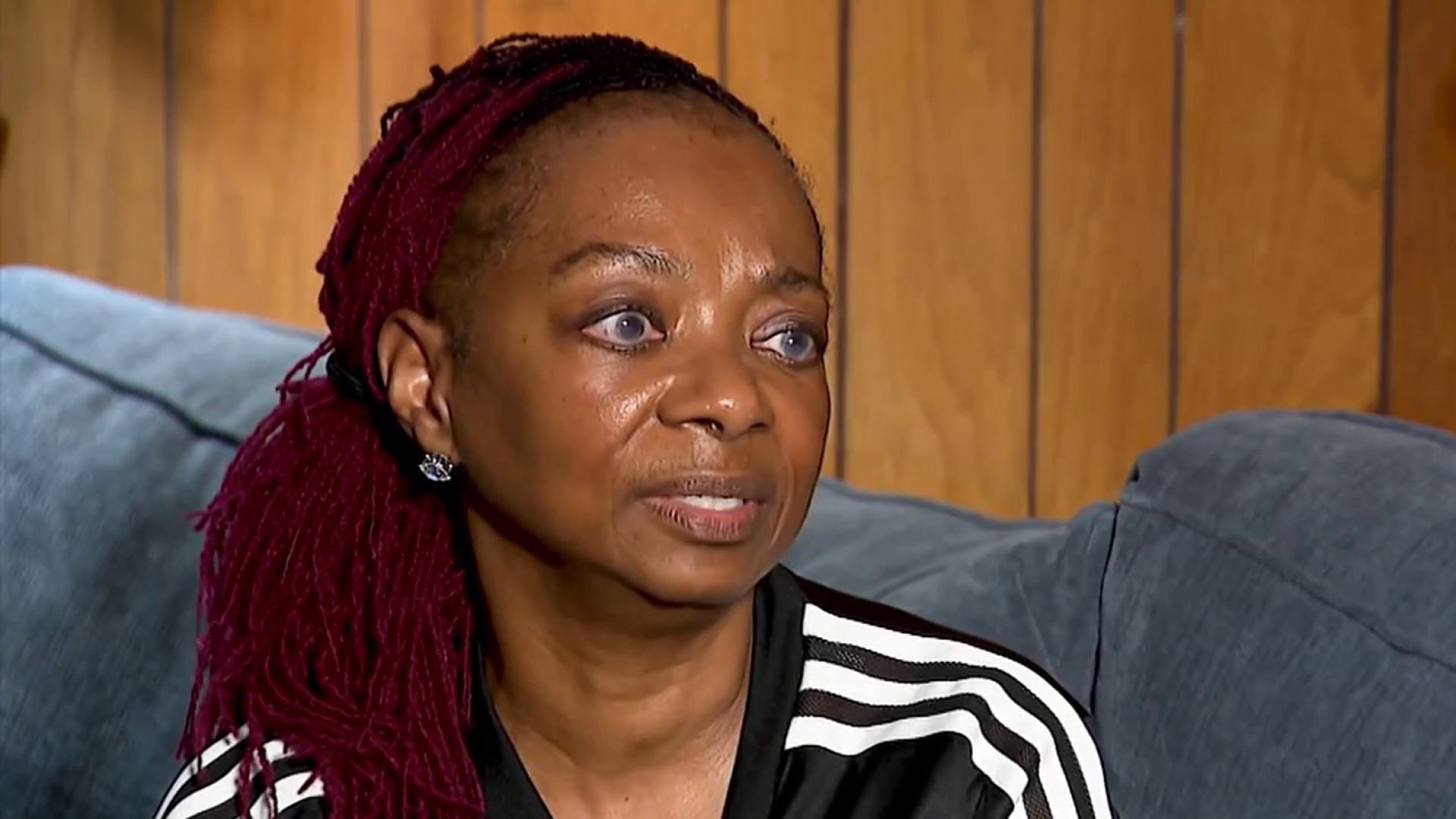D.C. is dealing with a shortage of beds for inmates who need mental health services. Mark Segraves reports.
D.C. is dealing with a shortage of beds for inmates who need mental health services.
“Here in the District, we’ve seen a 60 percent increase in these pre-trial admissions in the last two years,” D.C. Department of Behavioral Health Director Dr. Tanya Royster said.
That spike in inmates needing mental health services resulted in not enough beds at St. Elizabeths Hospital, so when judges at D.C. Superior Court order an inmate to undergo mental health evaluation and treatment before they can be found competent to stand trial, those inmates often end up on a wait list for anywhere from a few days to several weeks. It’s not just inmates impacted by the backlog. Currently six patients who have been civilly committed to the hospital are still waiting for an open bed.
Judge Lynn Leibovitz blasted the Department of Behavioral Health Friday for not solving the backlog problem.

Royster said the cause of the problem goes beyond her agency.
“We’re all equal partners,” she said. “We all have a part to play: DOC, DBH and the courts.”
Royster said St. Elizabeths Hospital, which was just opened about 10 years ago, is at capacity, which can’t be increased
Local
Washington, D.C., Maryland and Virginia local news, events and information
“No, you can’t just add beds to a hospital,” Royster said. “You have to be licensed.”
The backlogs usually only occur during the summer months, she said, so they are developing a plan to avoid this problem next year.
“How do we prevent or divert people from getting arrested in the first place?” she said. “And so we are working close with MPD and our deputy mayors and even beginning to bring on our state’s attorneys to look at alternatives to arresting people so that we can slow down the pipeline of people that need our service.”
Royster hopes to have the current backlog of seven inmates cleared by the end of this week, as well as the six commitment patients.
One idea Leibovitz suggested was having the D.C. government pay a private mental facility to help with the backlog. Royster said the D.C. government is not considering that.
This problem is not unique to D.C. Jurisdictions nationwide have trouble keeping up with the demand for mental health services, particularly in local jails.



